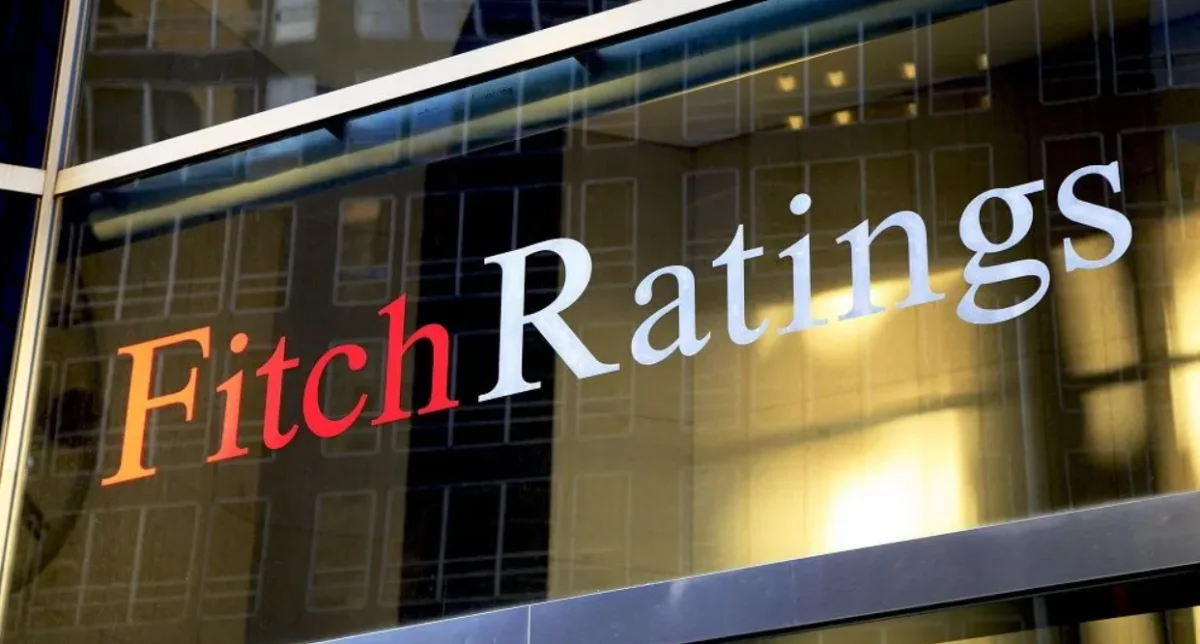14/09/2024
14/09/2024

Fitch forecasts Kuwait’s sovereign net foreign assets will rise to 538 percent of GDP in 2024 and an average 553 percent in 2025-2026, more than 10x the AA median, according to the statement. On the implementation of the structural reform plans, Fitch noted that the initial reform plans focus on diversifying oil revenue, improving government efficiency, rationalizing government spending and capping medium-term expenditure at KD 24.5 billion (48 percent of projected GDP the fiscal year ending March 2025; (FY24), which is slightly below FY23’s. Regarding the draft liquidity/debt law, the Fitch report noted that the enactment of this law would enable Kuwait to raise new debt, following the expiry of the previous debt law in 2017. Fitch expects the liquidity law will be passed in the coming fiscal year (FY2025-2026), “although delays are possible.”
“Even without a liquidity law, the government would still be able to meet its financing obligations in the coming years, given the assets at its disposal,” according to the report. On the budget deficit, Fitch report expects it to widen to 4.4 percent of GDP in FY24, from 3.1 percent in FY23, and further to 6.0 percent in FY25. The government plans to rationalize spending in line with its expenditure target, which we anticipate is achievable through modest reductions in non-core expenditures and continued under-spending of the budget.
However, significant reform of the generous public employment and welfare spending (81 percent of total expenditure; 41 percent of GDP) is unlikely, thereby keeping total expenditure near the target ceiling, according to the report. Fitch expects the oil revenues to continue to decline, even as non-oil revenues rise modestly. Oil revenue loss from lower oil prices is partly mitigated by the potential unwinding of OPEC+ oil production quotas from 4Q24. Fitch forecasts that the government will continue to rely on the assets of the General Reserve Fund (GRF) to cover its budget deficit and meet domestic maturities. Fitch’s FY25 forecast assumes that the government will resume borrowing, with about 30 percent of the deficit being financed by debt issuance.
On the Gross government debt, Fitch forecasts it will rise to 4.8 percent of GDP in FY25 and further in FY26, despite a USD 4.5 billion Eurobond maturing in March 2027. Nonetheless, it expects the debt levels to remain well below the projected 2025 ‘AA’ median of 50 percent of GDP. Regarding the impacts of regional conflict on the economy, Fitch report finds that the ongoing conflicts in the Middle East and disruptions to Red Sea shipping have had “minimal impact on Kuwait,” which has large government assets that provide an important buffer to support the economy if tensions were to escalate.
On ESG - Governance, Fitch rated Kuwait at ESG Relevance Score (RS) of ‘5[+]’ respectively for both Political Stability and Rights and the Rule of Law, Institutional and Regulatory Quality and Control of Corruption. “These scores reflect the high weight that the World Bank Governance Indicators (WBGI) have in our proprietary Sovereign Rating Model (SRM). Kuwait has a medium WBGI ranking at 53, reflecting low scores for voice and accountability, and middling scores across other governance indicators,” according to the report.(KUNA)


